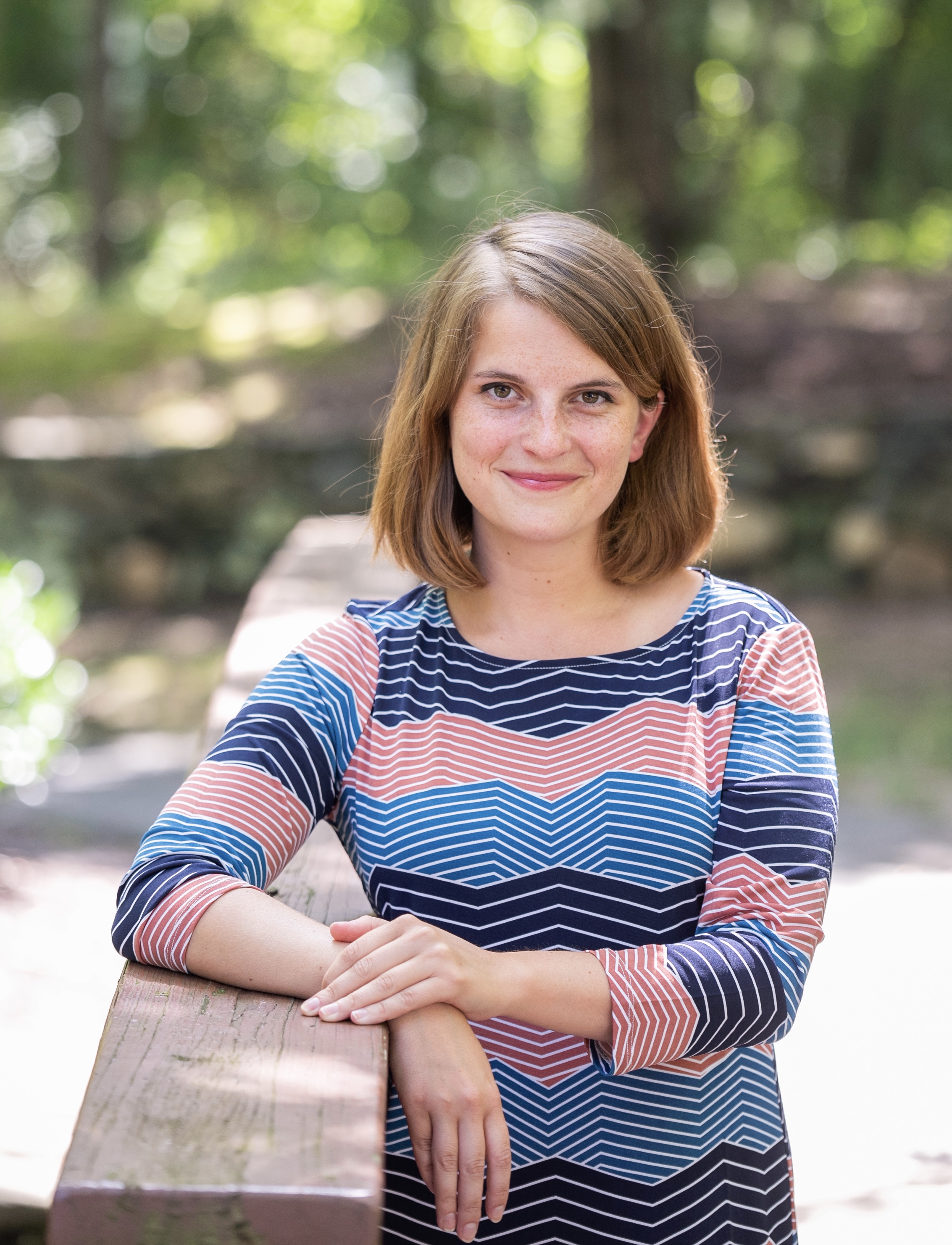
How did Putin use reshuffling within the law enforcement to entrench himself in office? More broadly, how does reorientation of loyalties of personnel in legal institutions contribute to democratic backsliding? This project examines the micro-foundations of democratic erosion and authoritarian state building focusing on the strategic management of personnel of the law enforcement on the subnational level. Existing scholarship has demonstrated ways in which agent shuffling can help authoritarian incumbents get reelected. The study builds on scholarship in this area and shows that agent shuffling in the law enforcement can help build core authoritarian institutions, such as a dominant authoritarian party, while simultaneously unraveling the existing democratic institutions, such as federalism, by making the law enforcement agents independent from local elites. To test this theory, the project relies on an original biographical dataset tracking personnel changes in Russian Procuracy on the subnational level as well as detailed case-studies of regions of Russia. Using the dataset, I demonstrate that agent shuffling in the Procuracy was strategic and served authoritarian regime building. Subnational case-studies help verify the incentives of the actors and establish the mechanisms through which personnel shuffling contributed to democratic erosion in Russia.
Biography:
Evgenia Olimpieva is a doctoral candidate in Political Science at the University of Chicago specializing in comparative politics and political methodology. Her research interests revolve around the topics of democratic backsliding and authoritarian institutionalization with a focus on the institutions of law enforcement and the judiciary. She holds a Bachelor of Arts from St. John’s College and an MA from Master of Arts Program in the Social Sciences (MAPSS) at the University of Chicago.

‘I felt the hand of the government in my womb': Black Women, Intimacy, and the Transnational Struggle for Life in Brazil and Colombia takes an ethnographic, community-engaged approach to studying state violence against Afro-descendant women in Brazil and Colombia. This dissertation examines how Black women are creating networks of support and autonomous organizing, and leading movements that resist systems responsible for the violence against themselves, their care networks, and their communities. The questions guiding this research include: How does identity and affect alter the fields, domains, and spheres of politics Black women pursue? If intimacy is the lens through which these politics are conceived, then, how does an articulation of “the intimate” complicate our understanding of, and resistance to, violations of human rights and global anti- blackness? How do these politics destabilize existing legal advancements, structures, and norms regarding equality, human rights, and justice? In centering the leadership of Black women in Brazil and Colombia, I argue Black women are using a framework of intimacy to describe, frame, and respond to their experiences of state violence, injustice, and human rights violations. I build on this claim by underscoring how language, lived- experiences, and territories of intimacy are shaping the content, demands, and actions of Black women’s grassroots organizing. In particular, I analyze the ways in which intimacy and activism intersect—through emotions of joy, pain and belonging; the construction of ‘home’ as domestic and community spaces; and the politicization of motherhood and care.
Biography:
Alysia Mann Carey is a PhD candidate in Political Science specializing in comparative politics and political theory. Her dissertation takes an ethnographic and community- engaged approach to the study of state violence against black women and communities in Brazil and Colombia. Centering the grassroots leadership of Black women, her project examines how Black women organize and resist the myriad forms of oppression that intersect and interact in their everyday lives. She uses a framework of intimacy as a way to understand Black women’s political thinking and action by articulating how intimacy and activism intersect, through emotions, grief, homes as organizing sites, and the politicization of motherhood and care. Born and raised on the south-side of Madison, WI, Alysia is the oldest of five. She earned a BA in Spanish Languages and Literature, Latin American, Caribbean and Iberian Studies, and Political Science at the University of Wisconsin-Madison, where she was also a Ronald E. McNair Scholar and a PEOPLE Program scholar. She then received an MA in Latin American Studies at the University of Texas at Austin with a certificate in Women and Gender's Studies.
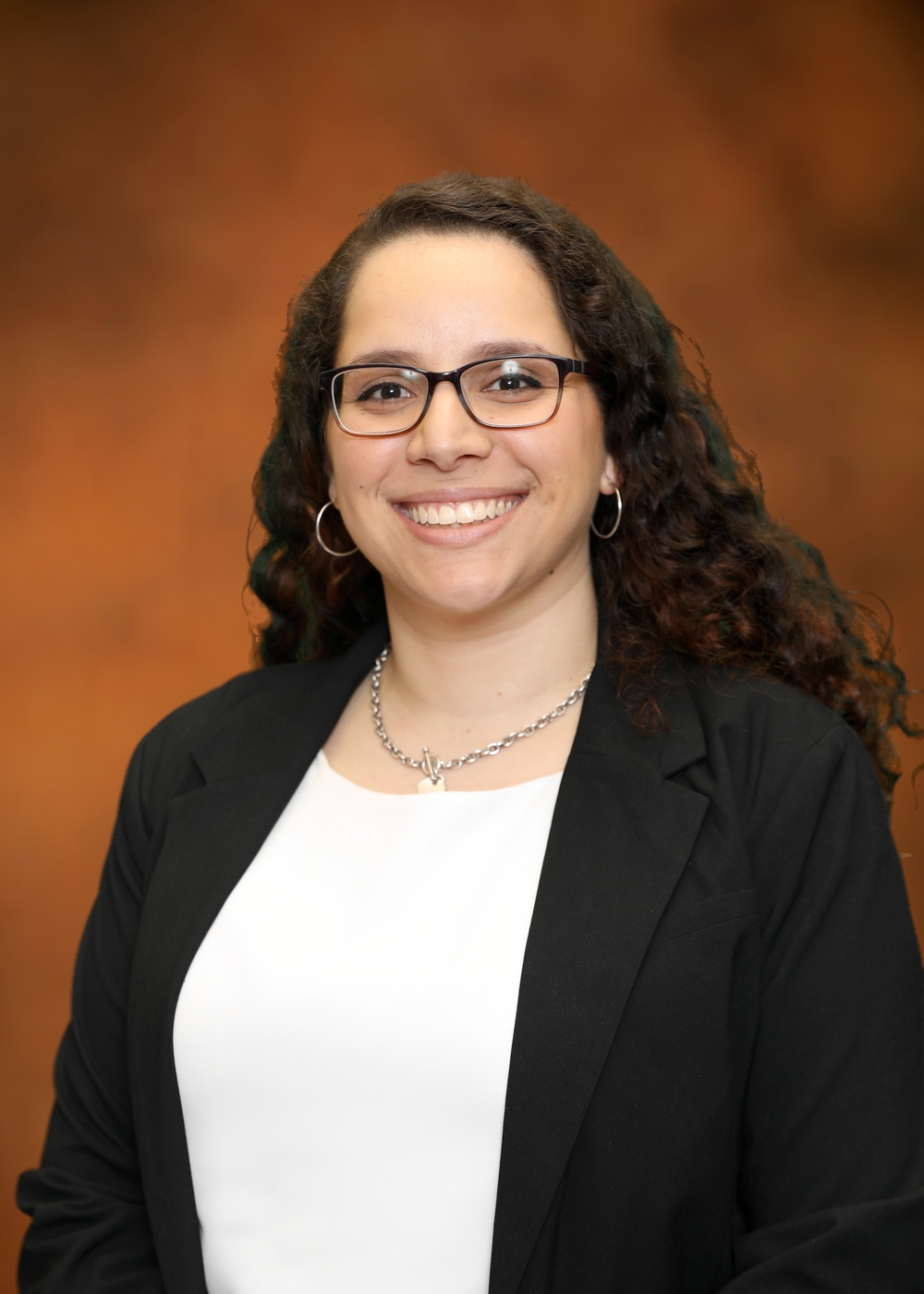
What determines the justification strategy used in the recognition decisions by third-party states? While legal scholars have often grappled with this phenomenon on a case by case basis, Political Scientists have only just started to theorize about international recognition and the political consequences of setting a precedent. For both recognition and non-recognition decisions, the variation in the rhetoric can be either cost-benefit or rights-based in nature. I argue that the rhetoric will vary if the recognizing state is vulnerable to domestic secession and based on its geopolitical alignments. If a recognizing state faces domestic or international pressures to avoid setting a dangerous precedent, they are more likely to avoid rights-based rhetoric that could be broadly applicable to other cases of secession. By understanding the variation in the rhetoric of recognition we can observe how states consider the consequences of their actions and how these set precedents that ultimately alter or erode international norms of recognition and the status quo of the international system. I use a mixed methods approach to test my theory. Utilizing an original dataset of recognition statements from major powers, from 1945 to the present, I observe variation in the decision, form, and framing of their recognition. Second, I use an in depth case studies of the recognition decisions of a single recognizer over time to observe the shifts in rhetoric.
Biography:
Elsy Gonzalez is a doctoral candidate in the Department of Political Science at the University of Chicago, with a focus in International Relations. Her research interests include international recognition of statehood, secessionism, great power politics, and foreign policy rhetoric. She holds a Bachelor of Arts in Political Science and International Relations from Centro de Investigación y Docencia Económicas (CIDE) in Mexico City.
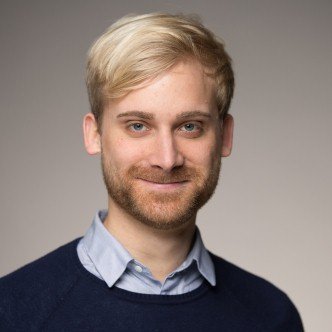
Governments around the globe shape their citizens’ livelihoods through their social and economic policies. Researchers agree that in established democracies leftist governments intervene more into markets and redistribute more than rightist governments. However, we know much less about how a government’s ideology affects market intervention and redistribution in young and non-democracies – even though they comprise most of the world’s countries and population. I therefore investigate how the ideology of chief executives affects redistributive economic and social policies across democracies and dictatorships, and how the institutional environment shapes the relationship between chief executives’ economic ideology and their governments’ intervention into markets and redistribution. My research thereby contributes to ongoing conversations about how politics in democracies and dictatorships differ, what explains differences in market intervention and redistribution around the globe, and how actors and their beliefs matter in politics.
Biography:
Bastian Herre is a Ph.D. candidate in the Department of Political Science. His research focuses on the political economy of development and the comparative politics of democratic and authoritarian regimes, especially the origins and consequences of differences in political elites. In his dissertation, he investigates how the economic ideology of chief executives affects redistributive policies in democracies and dictatorships.
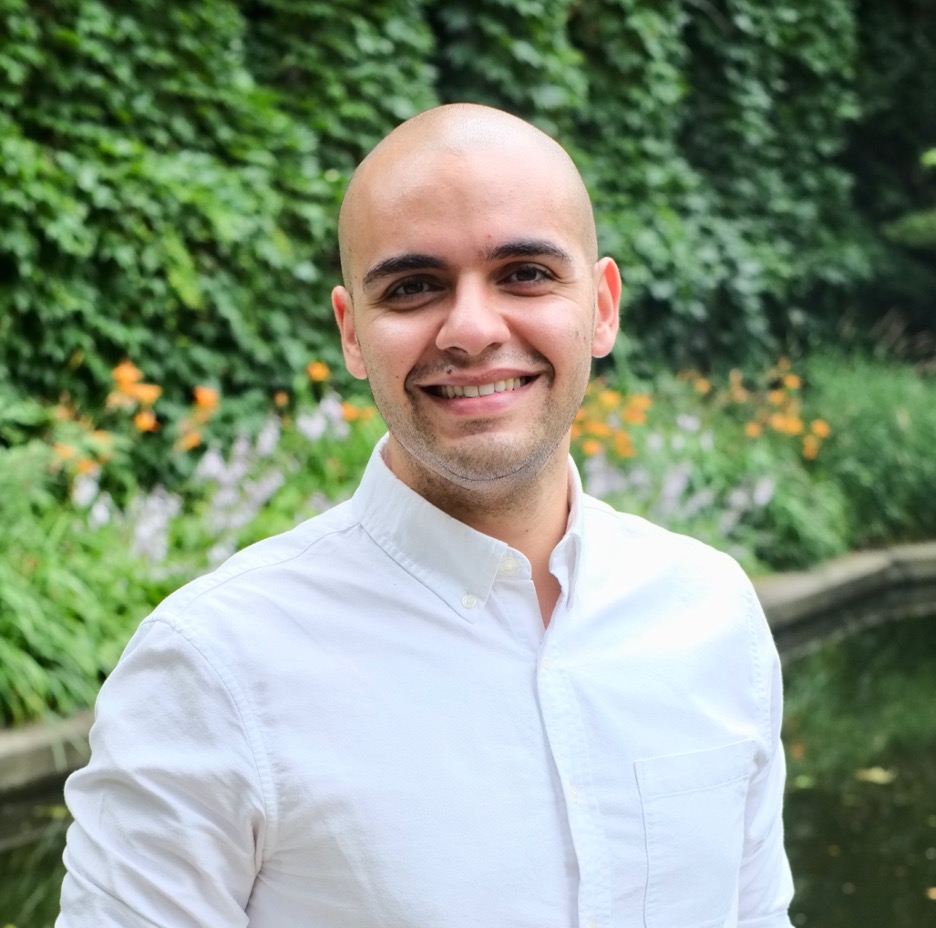
As cities in the Global South have grown in size, relative population, and density, so too have the number of individuals living in informal urban settlements (“slums”) therein. This pattern has been especially pronounced in primary, capital cities, which represent the political, economic, and social centers of many modern states. Consequently, questions of urban inequality, housing informality, and spatial segregation in capital cities lie at the critical intersection of local and national politics. This project seeks to unpack the ways national and urban politics interact in setting policies towards slums and slum dwellers, which vary to a great extent across both space and time; these policies range from coercive demolition to neglect, relocation, formalization, and upgrading. Using a combination of secondary materials, policy documents, historical city plans, and geospatial data, this project will explore the drivers of such policies in a selection of Latin American cities in an attempt to exploit variation in the autonomy of capital city mayors, the relative (de)centralization of urban politics, and changes in regime type over time. It will then seek to probe the generalizability of findings to other Latin America cases and to a selection of countries outside the region.
Biography:
Noah Schouela is a PhD student in Political Science studying comparative politics and quantitative methods. He is interested in questions of urban governance, inequality, redistribution, and political violence. More specifically, his research seeks to explore the intersection of national- and local-level politics in the governance and spatial organization of major urban centers. Methodologically, he is particularly interested in the role that spatial analysis and statistics can play in helping political scientists explore the geographic dimensions of questions of democracy, development, and conflict. Prior to starting his PhD, Noah earned an MA in the Committee on International Relations at the University of Chicago, where he held a fellowship in his second year, and a BA in Economics and Peace, Conflict, and Justice Studies from the University of Toronto.
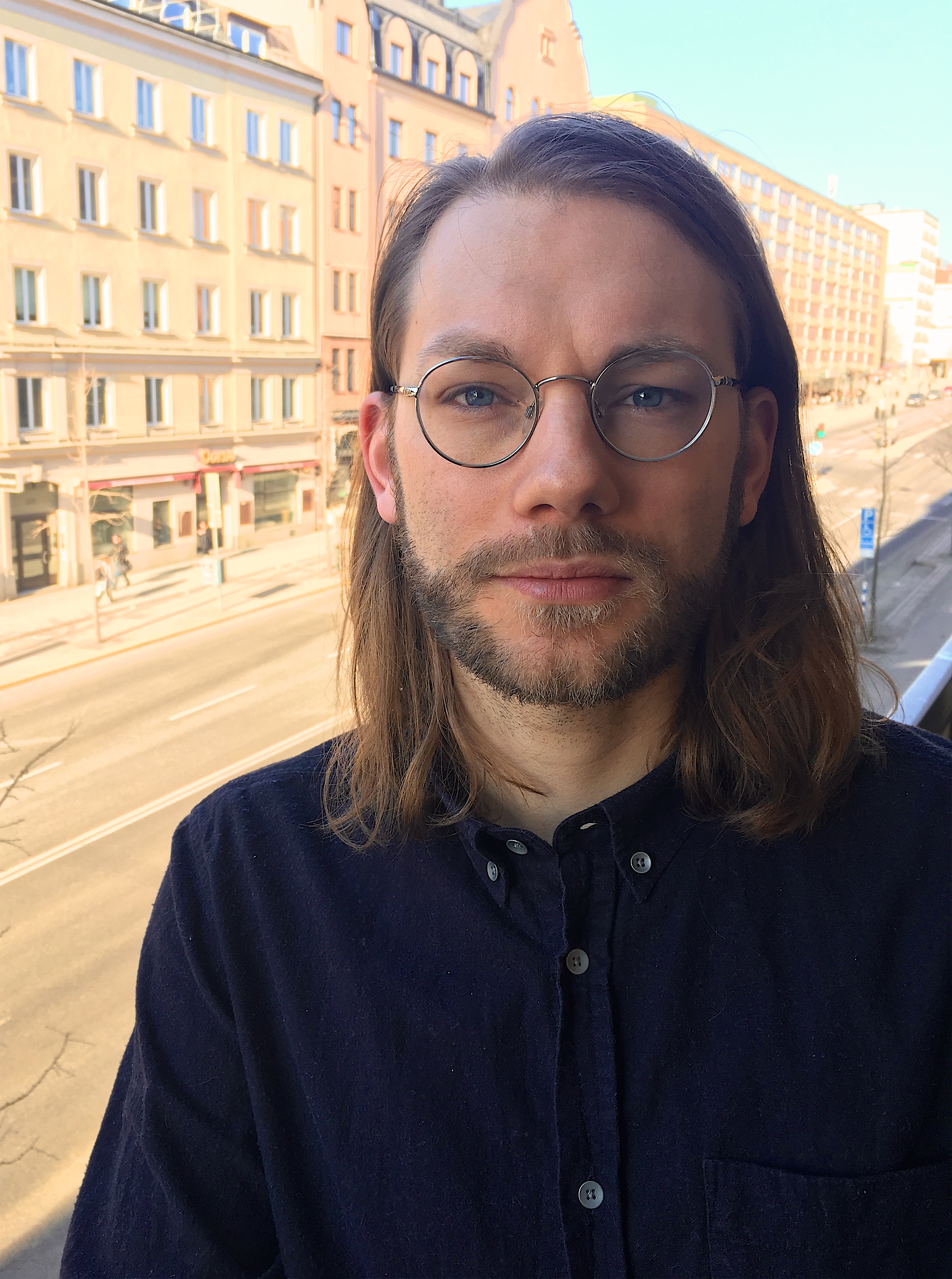
My research examines why governments in the global south train young citizens to be entrepreneurial and civically engaged? As social relations are increasingly marketized, governments – from Malaysia and China to Kazakhstan and Saudi Arabia – are reforming the terms of citizenship by depriving young people of certain privileges (welfare programs, public employment) while stressing novel obligations (economic autonomy from the state, civic responsibility). While such strategies may be seen as purely economically motivated or as implemented to pander to international financial institutions or investors, I hypothesize that there is a (less examined) political logic to such “neoliberal citizenship reforms.” Rather than utilizing governing techniques such as discipline and coercion, these reforms reconstitute the relationship between government and self-government, responsibilizing young citizens in the reproduction of state-society relations.
I plan to examine these issues by comparing two Arab countries, the United Arab Emirates (UAE) and Jordan, through a political ethnography of Government Operated NGOs (GONGOs) that promote entrepenurialism and civic responsibility among youth. GONGOs are ideal research sites since by emphasizing technical solutions to social and economic problems, they set the terms of acceptable citizen engagement in the neoliberal era, while celebrating business success and volunteerism.
Biography:
Adam Almqvist is a fourth year PhD student in the Department of Political Science. He earned a BA from the School of Oriental and African Studies in London, UK and a MA in Middle Eastern Studies and Arabic from Lund University in Sweden. He has previously conducted research on contemporary Syrian political development and on the political economy of urban planning in postNasser Egypt. Almqvist’s dissertation research examines neoliberalism and the governance of youth in contemporary Arab countries.

Understanding the legacy of slavery in eastern Nigeria: the case of the ohu system- In collaboration with Chima Korieh, Marquette University
In this research project we propose to our knowledge the first quantitative investigation of the legacy of slavery in Africa on contemporary social, economic and political outcomes. Though the preponderance of evidence from the Americas suggests the legacies there are negative, a literature in African studies emphasizes qualitative differences between domestic slavery in Africa and elsewhere, leading one to hypothesize that the consequences may be different, specifically less pernicious. Our focus is on Nkanuland in eastern Nigeria and the descendants of people known as ohus a social status close to slaves as understood in the contemporary social science literature. The descendants of ohus are readily identified and in the study-area live in separate villages making them easy to distinguish. These villages coexist with other villages which include nobody of ohu descent. We propose to survey individuals in these two sets of villages to examine the effects of being the descendant of slaves. Our focus is on the impact of this status on individual incomes, asset ownership, education, occupation and social mobility, but we will also examine the consequences for political participation and office holding. We will also examine the impacts on social capital and how the legacy of ohu descent influences marriage patterns and social networks.
Biography
An economist and political scientist, Robinson has conducted influential research in the field of political and economic development and the relationships between political power and institutions and prosperity. His work explores the underlying causes of economic and political divergence both historically and today and uses both the mathematical and quantitative methods of economics along with the case study, qualitative and fieldwork methodologies used in other social sciences.
Robinson has a particular interest in sub-Saharan Africa and Latin America and is a Fellow at the Institute for African Studies at the University of Nigeria at Nsukka. He taught a summer school at the University of the Andes in Bogotá between 1994 and 2022. He has conducted fieldwork and collected data in Bolivia, Colombia, Haiti, the Democratic Republic of the Congo, Nigeria, Sierra Leone, South Africa, and Zimbabwe. He has published three books co-authored with Daron Acemoglu, an Institute Professor of Economics at MIT. The first, Economic Origins of Dictatorship and Democracy, proposed a theory of the emergence of and stability of democracy and dictatorship. Their second book Why Nations Fail: The Origins of Power, Prosperity, and Poverty (translated into 41 languages since its publication in 2012), pulled together much of their joint research on comparative development and proposed a theory of why some countries have flourished economically while others have fallen into poverty. Their most recent book, The Narrow Corridor: States, Society and the Fate of Liberty, examines the incessant and inevitable struggle between states and society, and gives an account of the deep historical processes that have shaped the modern world.
Previous CISSR Research
State Formation and Popular Contention: Project Overview
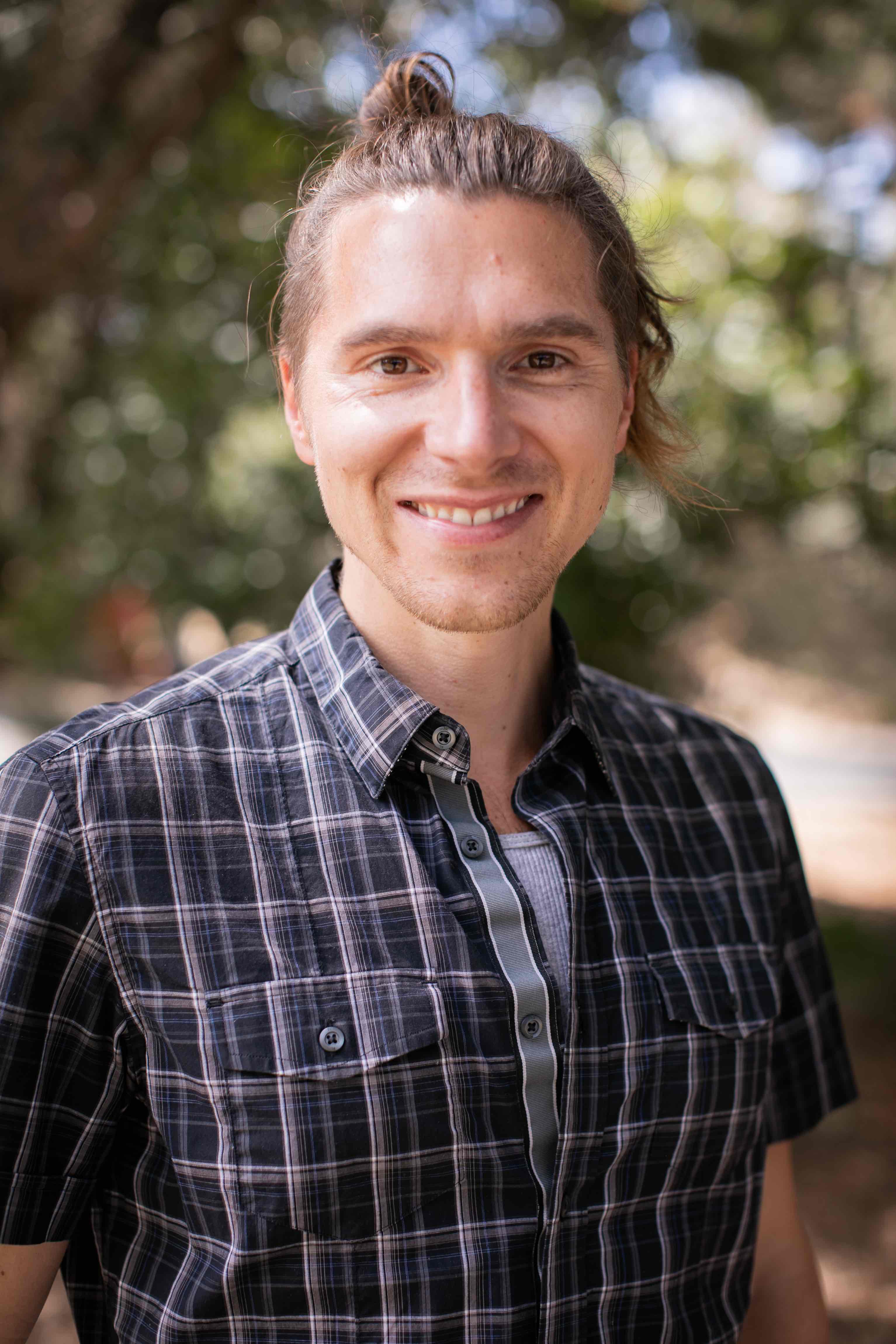
2024-25 Abstract:
Terra Firma: Land and the Future of Human Civilization
This project aims to write a book that takes a global perspective on how land and the power it confers encouraged, created, and allowed many of societies’ most persistent problems—racial hierarchy, gender inequality, environmental degradation, and poverty and inequality—to take root. It explains why countries’ land reallocation policies of the past two centuries patterned and determined these problems, and how this history points us towards new and workable policy solutions. Key to understanding these patterns are four key ways that land has been parceled out by governments: settler, tiller, collective, and cooperative reforms. The four canonical paths of land redistribution tend to lock in governments and civilizations on trajectories that are self-reinforcing and difficult to deviate from. Each path had consequences for how governments structured property rights, built infrastructure, enumerated and categorized citizens, and regulated the environment. The book will illuminate these patterns and their consequences based on original archival work and fieldwork, and in the process will contribute to important and ongoing global debates about some of the world’s most pressing social issues.
2020-21 Abstract
Why Citizens Support Elected Leaders that Erode Democracy
Democracy in many countries around the globe is facing its most serious challenge in decades. Elected leaders in countries such as Brazil, the Philippines, and even the United States are publicly and prominently challenging many longstanding core tenets of democracy showing what is called “democratic erosion.” Michael Albertus’s research envisions fielding experiments in six countries around the globe in order to shed light on how citizen opinions, beliefs, and behaviors may differ according to the degree of erosion. The project aims to help scholars and policymakers understand the snowballing trend in democratic erosion around the world.
2019-20 Synopsis
As a CISSR faculty fellow from 2016-18, this project builds in key ways from my ongoing work. My focus the last two years has mainly been on (i) developing theory linking land reform, development, and conflict; (ii) analyzing the case of Peru; (iii) gathering original data for a broader comparative project that engages with the experience of southern Europe. It builds in important ways from my work last year and this year on Peru. The main cases I am studying now are in southern Europe: Italy, Portugal, Spain. All of these countries had wide-ranging land reform programs between the 1930s and 1970s. Numerous scholars have long hypothesized that reforming rural relationships and economic organization holds the potential to unleash human capital development and economic dynamism and reduce
contestation over the lopsided distribution of property. This project will investigate these relationships empirically for the first time in southern Europe, using original data on property-level transfers that I have collected over the past year and a half in part using CISSR funding.
Biography:
Michael Albertus is a professor in the Department of Political Science at the University of Chicago. His research examines democracy and dictatorship, inequality and redistribution, property rights, and civil conflict. His most recent book, Property Without Rights: Origins and Consequences of the Property Rights Gap, was published by Cambridge University Press in 2021 and won several book awards. It examines why governments that implement land reform programs only rarely grant property rights to land beneficiaries and how that impacts development and inclusion.
Previous CISSR Research
Why Citizens Support Elected Leaders That Erode Democracy
Land Reform and Long-Term Development
Land Reform and Civil Conflict
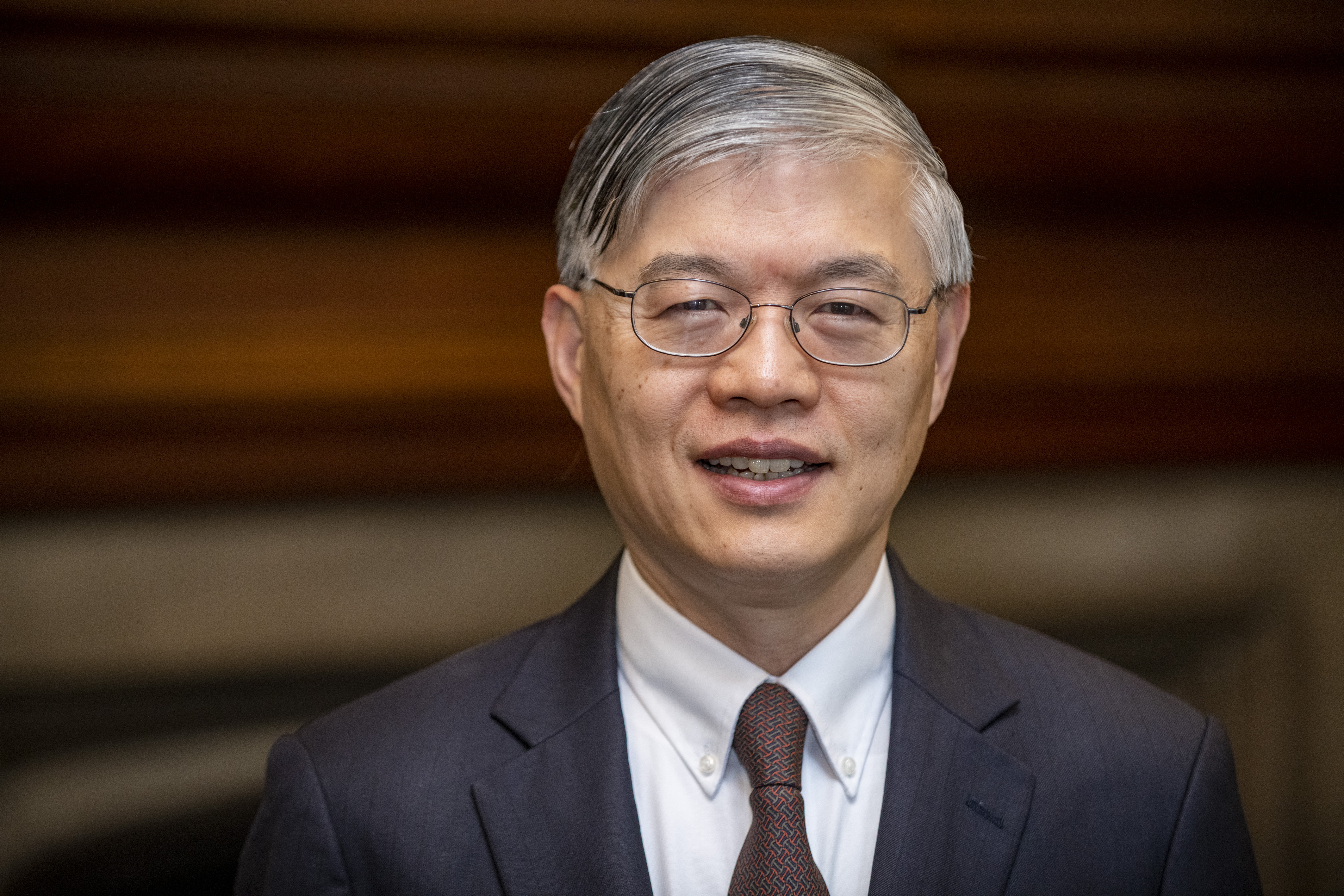
Fortress China: The Pursuit and Unraveling of the Zero-Covid Regime
Fortress China: The Pursuit and Unraveling of the Zero-Covid Regime" extends the author’s research for Wuhan: How the COVID-19 Outbreak in China Spiraled Out of Control. This project dissects China's Zero-Covid policy regime and examines the interplay between China's stringent public health measures and its political governance, exploring how the Zero-Covid strategy was sustained under Xi Jinping's leadership despite mounting challenges and its eventual collapse under economic strains and public discontent.
The methodology encompasses archival and field research, comparative analysis, and quantitative methods, offering insights into China's response mechanisms and state-society dynamics during the pandemic. The study aims to contribute significantly to the understanding of China's governance and public health strategy during the Covid-19 pandemic. By providing an in-depth analysis of the Zero-Covid regime's implementation, escalation, and unraveling, this project seeks to inform future public health policies and crisis management strategies globally. The anticipated outcomes include a book that will be valuable for health professionals, policymakers, and scholars in political science, public health, and China studies.
Biography:
Dali L. Yang is the William Claude Reavis Professor of Political Science and Senior Advisor to the President and the Provost on Global Initiatives at the University of Chicago. He was the founding Faculty Director of the University of Chicago Center in Beijing from 2010 to 2016 and a former chair of the Department of Political Science.
Yang’s research is on the politics of China’s development, governance, and global impact. Among his books are Calamity and Reform in China (Stanford University Press, 1996); Beyond Beijing: Liberalization and the Regions in China (Routledge, 1997); Remaking the Chinese Leviathan (Stanford University Press, 2004); China and Youth Well-being in China (Routledge, 2019; co-authored), and Wuhan: How the Covid-19 Outbreak in China Spiraled Out of Control (Oxford, 2024). He is a nonresident Senior Fellow at the Chicago Council on Global Affairs.
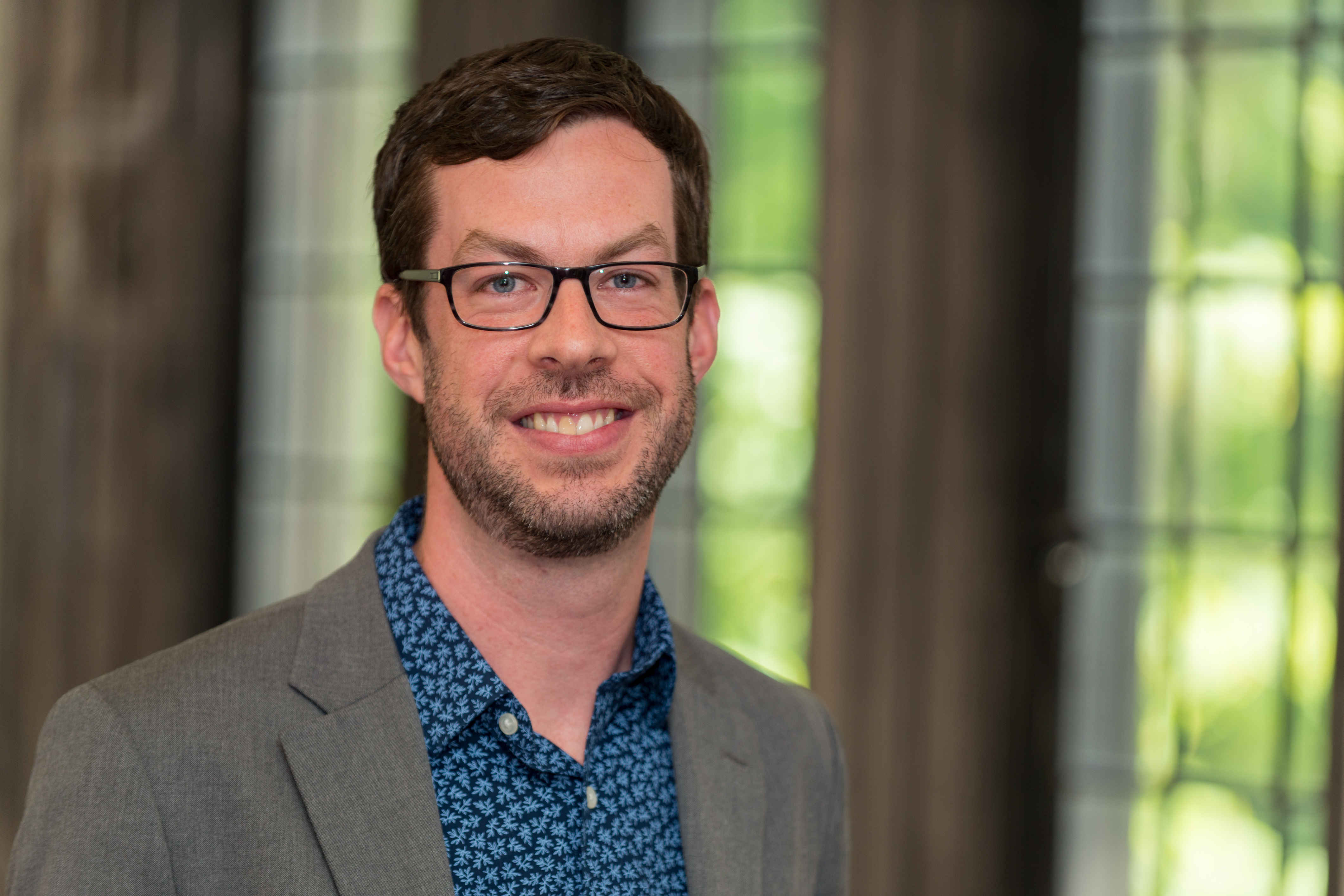
2024-25 Research Project
Intelligence Infrastructure in International Politics
This book will introduce the concept of "intelligence infrastructure" to refer to the physical sites and installations which are required to operate nearly all modern surveillance systems. Intelligence infrastructure includes listening posts for intercepting communications, airfields used for drone surveillance flights, space control systems to operate spy satellites, and radar networks for detecting missile attacks. Geography matters for intelligence infrastructure; many of these sites must be constructed on foreign territory to be effective. Using a qualitative-historical approach drawing on declassified archival material, the book will argue that the "built environment" of U.S. foreign intelligence collection -- global in scope since World War II -- has deeply influenced American foreign relations and policy. The empirical heart of the book will be a historical narrative of American Cold War-era intelligence infrastructure located in overseas territory. This narrative will highlight some recurrent themes, such as the importance of legacy colonial territory, the strategic value of unique geographic locations that are often overlooked in our field (i.e. islands and other remote spaces), the use of lucrative quid pro quos, and the backlash and adaptations such infrastructure elicited. More broadly, this project will theorize the material-logistical mechanics of surveillance and its relevance to power, geography, and threat. The book will contextualize the U.S experience with chapters on British infrastructure for global surveillance in the 19th century and China’s nascent overseas intelligence infrastructure today.
Biography:
Austin Carson is Associate Professor of Political Science at the University of Chicago. He is the author of Secret Wars: Covert Conflict in International Politics (Princeton University Press, 2018) and Secrets in Global Governance: Disclosure Dilemmas and the Challenge of International Cooperation (Cambridge University Press, 2020, coauthored with Allison Carnegie). His articles have been published in International Organization, American Journal of Political Science, International Studies Quarterly, Journal of Politics, Security Studies, and other venues. He is also co-editor of Cornell University Press’s Studies in Security Affairs Series. He received his Ph.D. from Ohio State University.
Previous CISSR Research
A View from the Oval Office: Insights from the President's Daily Brief, 1961-1977
A central role of the modern intelligence bureaucracy is to collect, analyze, and simplify information about the outside world for busy leaders who, in turn, make decisions. The President's Daily Brief (PDB) Project is systematically coding and analyzing a unique corpus of top secret -- but now declassified -- daily intelligence summaries delivered to four US presidents over seventeen years. In general, the PDBs reveal how a bureaucracy collapses the complexity of international affairs for presidential consumption. nge of topics relating to foreign policy and leadership in international relations. The project will also provide a new, systematic way of measuring secrecy trends in international relations, and provides a path for the study of geographic imaginaries and perceptions of leaders. Overall, the PDB Project will produce several datasets and provide a critical resource for scholars interested in a broad range of topics relating to foreign policy and leadership in international relations.